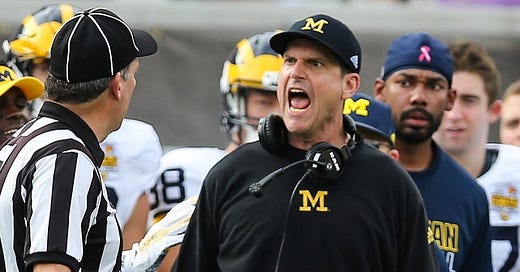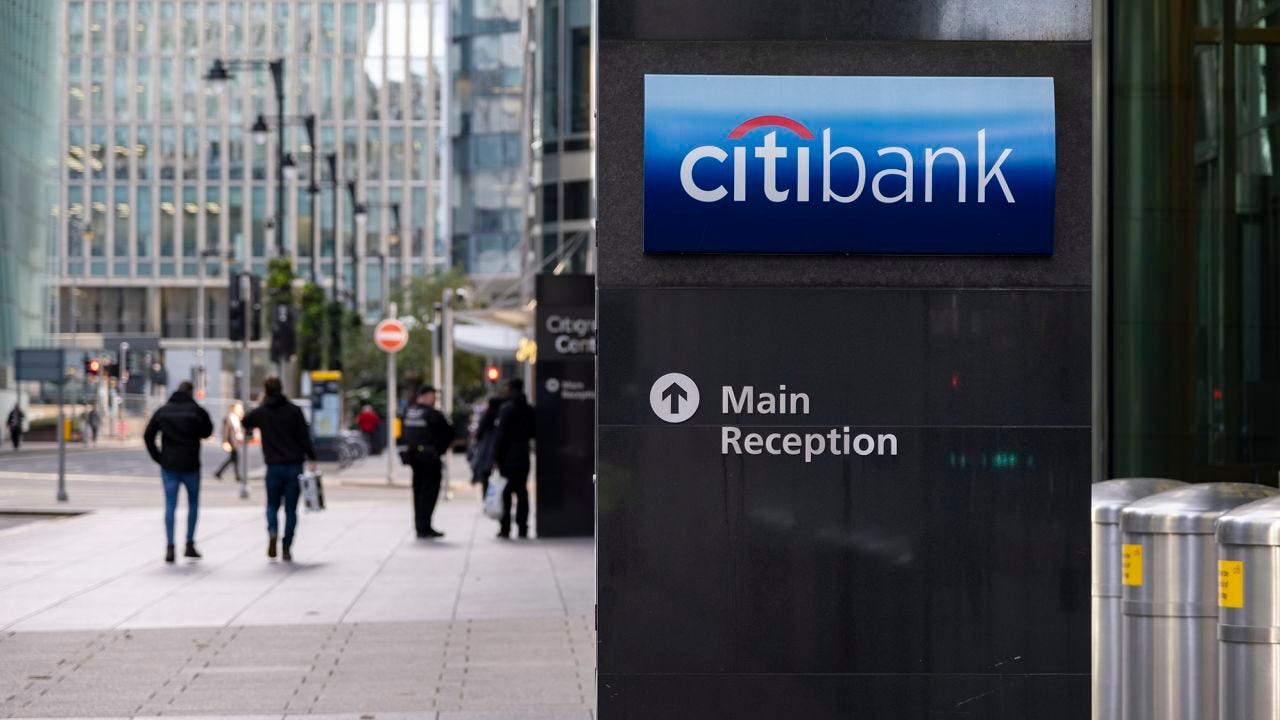My first real job out of college was at Paul, Weiss as a litigation paralegal. My first year I got absolutely reamed out by a partner over an error I can’t even remember (though I do remember being the messenger of the error as opposed to its creator.) I stormed back to my windowless office that I shared with two other paralegals, pissed off about how I was treated. I relayed the story and they told me they had dealt with the same thing with other partners (these kinds of firms tend to attract personalities). They gave me one of the best pieces of advice I’ve ever received about working: don’t take it personally.
Let’s treat this post like an album: Side A is not taking things personally. Side B: Team #neveryell.
Side A: It’s Just Business
It’s pretty natural to take things personally at work - we spend entirely too much time working in our lives to not have it be an oversized part of who we are as people.
Some people take things personally because they are passionate about their jobs, and that’s okay. Others (this author included) take things personally at work thanks to a drive for perfectionism - that unattainable goal that makes us very high achievers at the cost of burnout and decreased satisfaction at our jobs. Go us!
Regardless of the underlying psychology of it, it’s incredibly common and probably more the rule than the exception. But if we sometimes make our identities too intertwined with work, is it possible our companies might be a bit too attached to us?
Your Company Does Not Care About You
One way to combat taking things personally at work is to understand that large corporations are driven by financial results, not the fulfillment of their employees. Where those things overlap (and research continues to unearth the fact that great work product comes from happy employees), awesome. Where they don’t, the company will - eleven times out of ten - choose the financial route.
I always tell my team to take advantage of every perk the company offers. In the past, I’ve heard things like “I stayed late, but didn’t feel the need to order dinner on the company,” or something similar. If the roles were reversed, the company absolutely would take every financial perk offered, so order that dinner (unless you work at Citibank.)
But Who Really Is “The Company”?
Most of us have great relationships at work with our managers and our leadership, and that’s great - in fact it’s one of the drivers of productivity and workplace culture. But they’re not the company. The C-suite is to an extent, but the Board is really “the company.” Keeping the mantra of “everyone has a boss” in mind, the Board might be the only part of the company without a real layer above them that they have to answer to. We could get into philosophical discussions of the shareholders here, but that’s for another post.
Given that. I can almost guarantee that unless your title begins with C, the Board does not know who you are and it’s very hard to care about someone who is a faceless FTE on a P&L. It’s harsh, but it’s reality and it’s always good to keep this in mind as an expectation setter.
Side B: Yelling is Never Okay, Though
Now that we’ve settled that we should try not to take things personally at work (even though it’s hard!), back to how we started this post: While I should not have let that incident get to me way back in the late aughts (what a quaint time), it doesn’t excuse that partner’s behavior - or any yeller at work, really. A while back I wrote a piece on LinkedIn in response to a Wall Street Journal article about instances where some good bosses yell at strategic moments. Not everyone agreed in the comments, but they’re probably yellers at work or like getting yelled at in some weird masochistic way. (Just like simply being the messenger to the partner in my story above, I am simply never wrong.)
I reject the premise that any kind of yelling is okay. Yelling means you’ve lost control, and in business control is paramount. Think of the times you’ve yelled at others: are they proud moments? Are they moments you want to repeat? Do you think it was the best reflection of you as a person?
Now think of the times you’ve been yelled at: Did it engender you towards that person? Did it motivate you and create loyalty to that individual? Did it make you want to do better for a team? (Outside of competitive sports, of course, because cranking out emails and sitting through tortuous meetings all day is not a sport.) But even the best coach-yeller to ever do it garnered mixed reviews on his style.
Yelling is the domain of those who have maxed out their runway of reason. Logic is defenestrated in favor of diktats. Everyone walks away from the interaction wishing it had occurred differently and productive output in the medium- and long-term is decreased. In other words, yelling is pointless and counterintuitive.
Outro
Not taking things personally at work can be more easily said than done, but it is undoubtedly easier when you’re not being yelled at by your superior. On the flip side, leaders can’t make their team not take things personally, but one way they can make it easier for them is to avoid raising their voice at them, whether it’s a misguided attempt at motivation or for castigatory purposes.
Grab Bag Sections
WTF MTA: Fall is here. The air is crisper. The sweaters come out of storage (I’m a huge sweater guy.) The iced coffee stays iced longer. It’s a great season.
Unless you’re Metro North. It seems that fall also brings more train delays. Ever since the leaves turned and started falling, I don’t think I’ve been on a train that met its timetable. And that’s all thanks to leaf slime.
But here’s the thing: Fall happens every year - it’s not a new phenomenon. Which means that the MTA has had decades to either solve the problem, or (more realistically) adjust their timetables to allow more time for trains in the fall. They’ve done neither, and that means the leaf slime wins.
NEW: Album of the Week: DALL-E was getting stale, and the outputs were getting more mediocre than laughably bad and the admittedly low humor value in it became essentially non-existent.
So instead, I’m going to put out the album I’ve been listening to the most this week. The past seven days I’ve been bumping Oasis’s (What’s the Story) Morning Glory. It fits into my theory about British rockers: The bigger asshole they are, the better the music. It fits for Clapton and Lennon and certainly fits for Liam Gallagher.
Don’t Look Back in Anger is the best track on the album, and as far as outros go Champaign Supernova might be a top five of all time. Hello is a weak opener, but you can’t win them all. She’s Electric is a quality deep cut. Good show.
Quote of the Week: “In other words, neither oppression nor exploitation as such is ever the main cause for resentment; wealth without visible function is much more intolerable because nobody can understand why it should be tolerated.” - Hannah Arendt, The Origins of Totalitarianism
See you next week!











